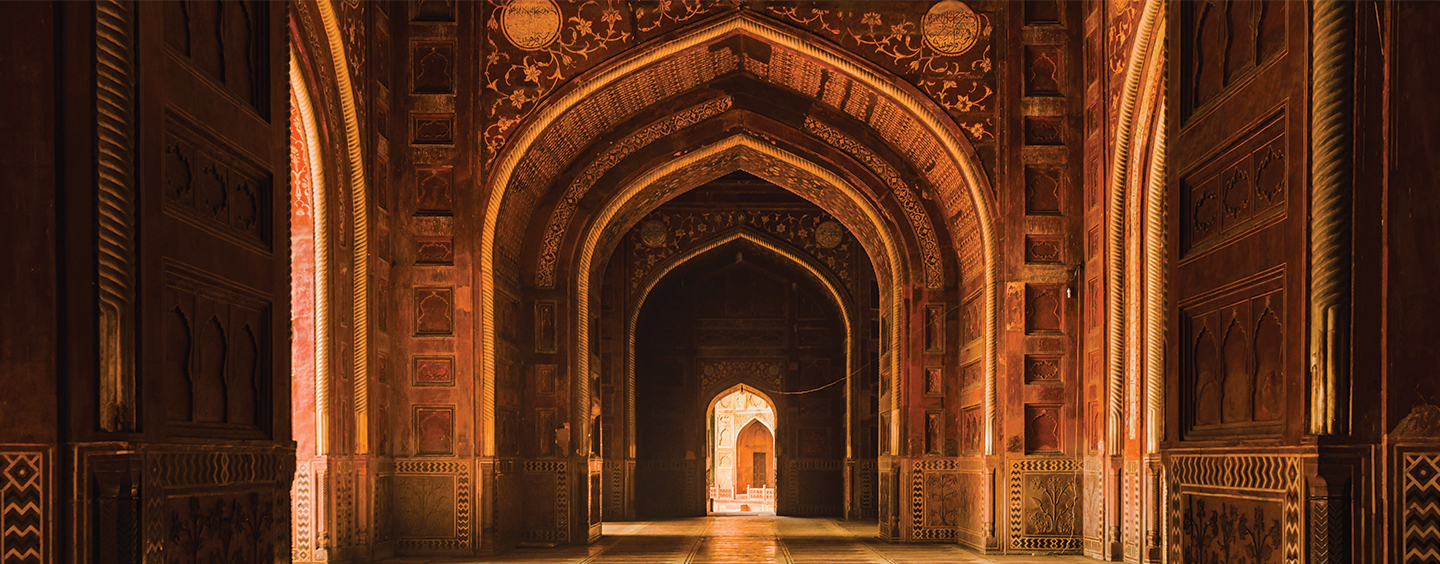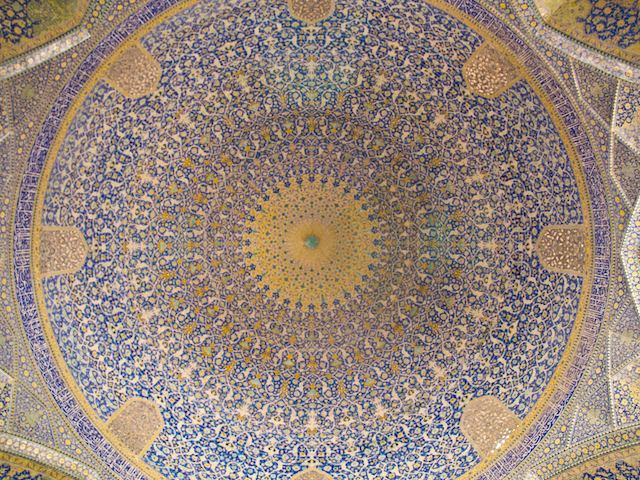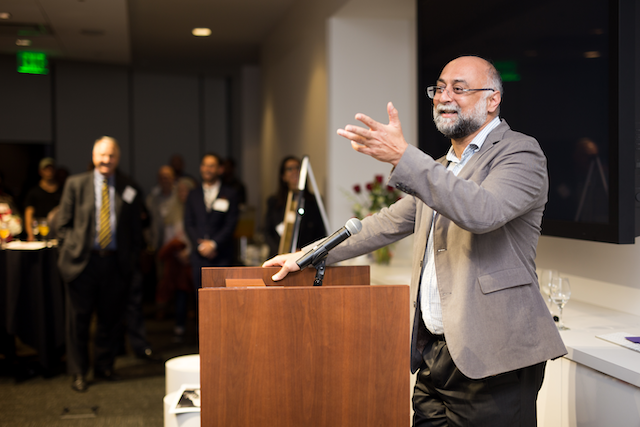
Islamic Studies Minor
This interdisciplinary minor provides students with a broad education in multiple aspects of Islamic history, religion, and culture.
Islam is one of the world’s oldest religions, and has contributed to theological, philosophical, legal, spiritual, cultural, mathematical, scientific, and humanistic traditions for over a millennium. It is also the fastest growing religion both globally and domestically in the USA, and is projected to become the biggest religion in the world this century. Even given its size, Islam has a disproportionately large presence in modern discourse on politics, religion, and culture. This minor explores the religion from all these perspectives.

Admissions Requirements
To add the minor, please fill out the form on the registrar's website.
Add Minor
Program Requirements
Students are required to take at least five courses related to Islam to complete the minor, with three designated as required classes (THST 1081 Introduction to the Qur’an, HIST 1501 Islamic Societies: Religion and Empire, and THST 3289 Islam). The remaining two courses can be from a wide range offered in BCLA and CFA, including in the departments of Art History, Theological Studies, History, Philosophy, and Political Science.
Required Courses
Learning Outcomes
- Demonstrate knowledge of Islam as a religious tradition, including its scripture, theology, and rituals, and including the diverse expressions of Islamic belief and practice over time, such as in its various legal, mystical, and theological traditions;
- Demonstrate knowledge of Islam as a historical tradition, including its emergence in late antiquity, the early conquests that established a new global Muslim polity, the emergence and growth of various Muslim empires in the medieval era, the decline of Muslim political power in the early modern period, and the current geo-political state of the Muslim world;
- Demonstrate knowledge of the place of Islam in the grand story of humanity, such as its engagement with Jewish and Christian traditions in its scripture, the interactions between Muslims and non-Muslims in the medieval era, including instances of cooperation, friendship, and cross-pollination of ideas, as well as times of hostility, and the relationship between Muslims and non-Muslims in the contemporary era in various contexts;
- Demonstrate knowledge of Islam as a cultural, humanistic, and intellectual tradition, including the various forms of art, literature, and poetry that Muslims have created, and considering Islamic thought not only as it developed historically, but also what answers the faith has to offer to the enduring questions of human inquiry, such as our place in the world and the nature of the divine realm;
- Demonstrate knowledge of Islam as a lived tradition, considering how Muslims from diverse backgrounds understand and engage with the faith, including minority groups and groups outside the Islamic mainstream;
- Demonstrate that they will think both empathetically and critically about modern debates within Islam, including on issues of gender, equality, soteriology, racism, violence, and the place of Muslims in the west.
Faculty
Saqib Hussain
Theological Studies, BCLA
Director of Islamic Studies Minor
ExpertFile Profile Email Dr. Hussain